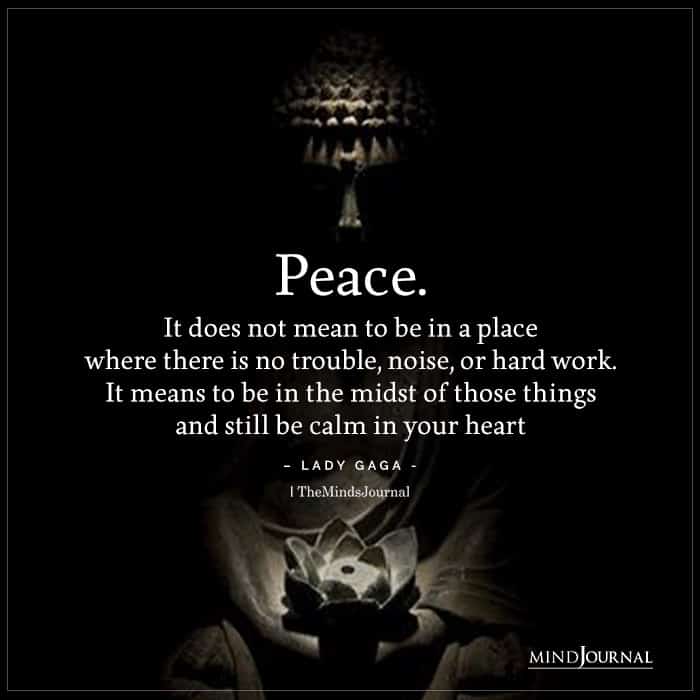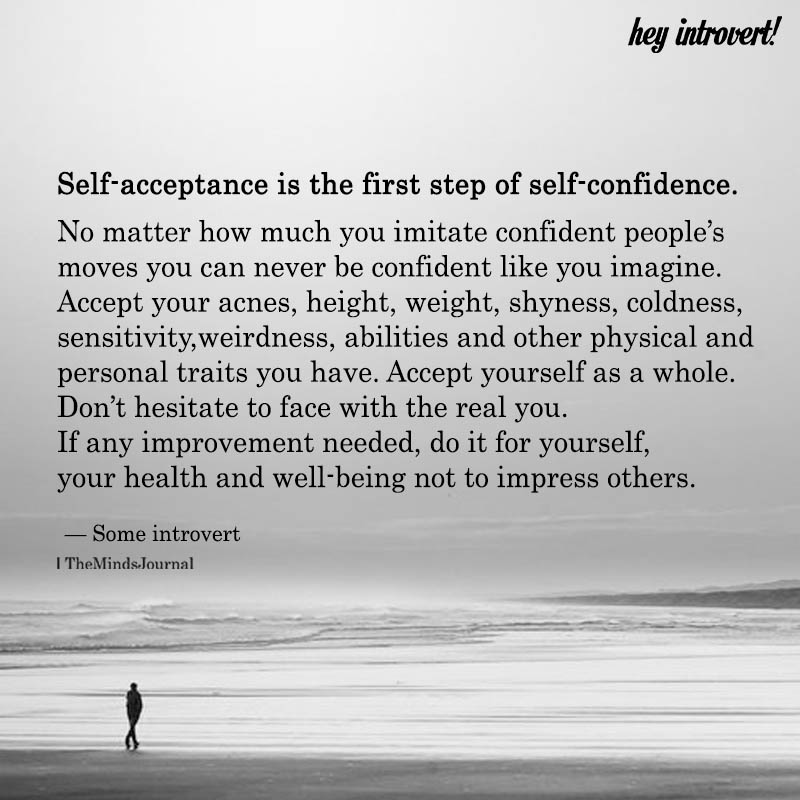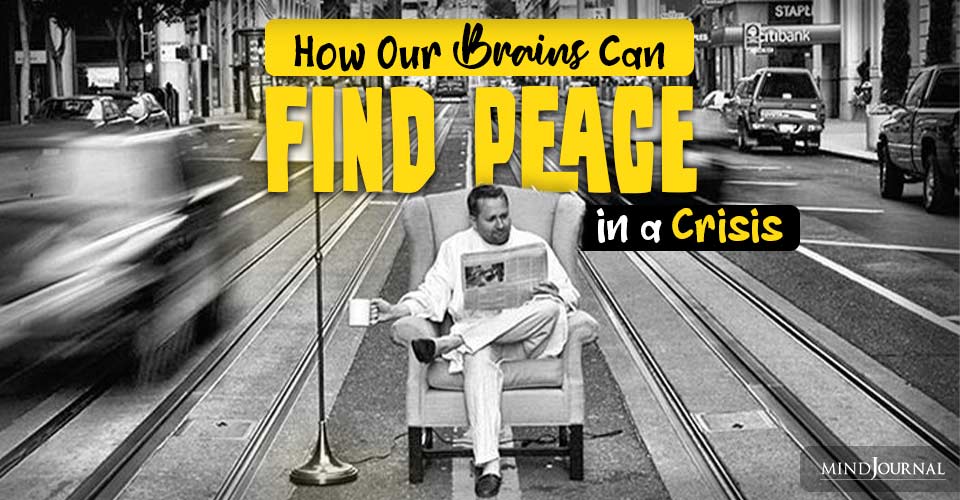It’s very tough to find peace in a crisis, but not impossible! Psychologist Rick Hanson discusses how to strengthen our capacity for wisdom, peace, and enlightenment.
During this stressful time, it can be hard to manage the emotional challenges of sheltering in place and facing an uncertain future. We can’t rely on some of our usual ways of coping, like going out on the town with friends or getting hugs from a sibling. That means many of us are falling back on the (healthy or not-so-healthy) mental habits that we’ve been building up for years.
Psychologist and neuroscience expert Rick Hanson studies the mental resources that promote resilience, from calm and gratitude to confidence and courage. According to Hanson, the coronavirus crisis is exposing some of our psychological vulnerabilities, and reminding us how important it is to nurture our social and emotional strengths to find peace in crisis.
In his new book, Neurodharma, Hanson writes about how we can cultivate more equanimity, wisdom, and moral action using meditation and other practices. As he illustrates with neuroscience research, practicing positive states of being like these can lead to physical changes in the brain, which in turn improve our state of mind in the future.
His book and website offer a wealth of ideas for practices to cultivate a calmer, healthier way of being in the world and responding to the ups and downs of life. In the edited discussion below, I spoke to Hanson about his book and its message.

Qualities For Developing Resilient Well-Being:
Jill Suttie: In your book, you write about qualities that people can develop in themselves for greater well-being and wisdom. Can you describe these?
Rick Hanson: There are seven qualities available to all of us that are at the heart of resilient well-being:
- To steady your mind, so that you’re mindful, focused, stable, and on a solid footing.
- To warm the heart—bring compassion, kindness, and a courageous heart into your life.
- To rest in fullness, which is a poetic way to describe equanimity—a felt sense of calm strength and having enough already.
Those first three hang together—steadiness, lovingness, fullness—and we can see how useful they are in everyday life, including helping us have emotional balance. The next three also hang together:
- To feel whole and not at war with parts of yourself.
- To receive “nowness”—really living in the emergent moment, in the present, not getting lost in the past or lost in the future as we so often do.
- To open into “allness”—meaning the sense that we’re connected to everything. We know that intellectually, but to feel it and to relax our sense of self, to take things less personally, to be less identified with things, less possessive, and less prickly and reactive with other people.
Related: 4 Top Tips To Support Your Physical And Mental Wellbeing
Then there is the ultimate—what I call “finding timelessness,” which speaks to the ultimate ground of well-being. For instance, the Buddha pointed toward what is “unconditioned”—not subject to arising and passing away, and therefore a more reliable basis for lasting happiness and inner peace. As one example, the field of awareness is effectively unconditioned; experiences change, but awareness is stable.
These are ways of being that we develop through practice, through experiencing them and turning those experiences into lasting changes in the brain, helping us find peace in crisis. They’re accessible to all of us.
Further, we can operationalize them, just like people who do psychology research look at the factors that make someone resilient. We can observe people who seem fully self-actualized, who are very engaged in, say, social change while seeming saintly in the core of their being—people like Thich Nhat Hanh—and we can ask, “What is the basis in their brain of these wonderful ways of being?”
Neuroscience Help People Cultivate Well-Being
JS: How does understanding neuroscience help people cultivate well-being?
RH: I don’t think brain science is necessary for full awakening. It’s not necessary for ordinary psychological healing or the development of resilient well-being over time, either. Many people have obviously proved that point by developing in those ways without access to an MRI or the latest study.
On the other hand, we recognize scientifically that the experiences of a human being—how contented you are, how fulfilled you feel in your relationships, what happens when another person mistreats you—are all based on what the body is doing, especially our neurobiology.
So, if we’re interested in disengaging from dread, fear, and helplessness and engaging in a feeling of calm strength, and openheartedness, we should be interested in how the brain is making those experiences happen.
And we should be interested in how we can intervene in the brain skillfully, with precision and some granularity, to help ourselves and others have beneficial experiences more often and learn from them more effectively. When you understand how the hardware works, it turbocharges your practice.
The book is full of examples where identifying underlying neural “circuitry” that underpins beneficial traits—such as present-moment awareness or grateful contentment—helps to establish them in ourselves.
You can deliberately stimulate those circuits, and, as you start having those experiences, you can also help your brain heighten the conversion of those experiences into lasting changes of neural structure and function. So that’s really useful.
The second reason is that it’s motivating to bring neuroscience into account. You appreciate that your brain is being changed by your practices and also by your bad habits. A lot of people who have not typically been drawn to personal growth get really interested in it when they realize that it’s “techie”; there’s an engineering aspect here. Practice actually changes the physicality of your brain.
It can also sharpen your insight into your moment-to-moment experience if you understand it’s based on very fast ebbs and flows of neurochemical activity. Increasingly, I can watch the show in the theater of my own consciousness with an understanding of what’s actually prompting the experiences I’m having.
Whether it’s a surge of anger or whether it’s a wave of calm, whether it’s some kind of a warm connection, or whether there’s some feeling of being dismissed or disrespected by somebody else, I can understand what’s happening in my brain that’s generating that experience. It really helps you come home to yourself when you realize that your experience is a body-mind process.
Related: 13 Characteristics Of A Mentally Healthy Person
Self-Acceptance And Self-Improvement
JS: Isn’t there a conflict between the idea of self-acceptance and the desire to be a better, more effective person in the world? How do you reconcile those two seemingly opposing goals?
RH: Yeah, that’s a classic question. But basically, all the great teachers say to do both. We are innately wakeful, loving beings deep down in our core, but most people, me included, are not like that all the time. We’re not continuously living from our innate goodness. We must make efforts overtime to clear away the crud so we can come home to who we always were.

We need to gradually cultivate the slow accumulation of practice on the path and then we may experience sudden awakenings that create qualitative shifts. We need to engage willful effort in our mind as well as be able to have a profound serene acceptance underneath it all. They’re not at odds with each other; both are necessary, and each one supports the other.
Related: How To Make Peace With Desires
What We Can Develop Each Day Ourselves To Be Able To Find Peace?
JS: How is your book relevant to our current moment, as we encounter the changes in our lives around the pandemic?
RH: If you think about people who are models to us, who have really developed themselves, what you see in them is great fortitude and commitment to others; they are incredibly strong and brave. For me, the book is a manual of deep resilience; it really emphasizes what we can develop each day ourselves.
My opinion about this time is that many of us have been propped up by various activities and settings and interactions and the experiences that we had as a result. And that was fine, as long as the music was playing.
But when the music stops and the storm comes as it has, and so much of that which we relied upon has fallen out from beneath our feet, we are left with what we have cultivated inside our own heart, inside our own being. This time teaches us how important it is to gradually grow the good inside oneself. We do this for other people as well as for ourselves.
As much as individuals are now facing the results of not having invested in their own practice or in self-development over time, we’re also recognizing that there has been a 40-year sustained attack on the common good—a politicized and relentless eroding of the rule of law, the social safety net, respect for science, expertise, and truth-telling; and the playing of people against each other. Now, we are inheriting the consequences of that attack and that lack of investment in the common good.
When inevitably something happens, like the pandemic, it shows that our resource capability as a nation, particularly at the federal level, has been really hollowed out.
We’ve been living in a house that looked all shiny and pretty from the outside with some good paint on it, but which had been hollowed out by highly motivated, politicized termites. And now a great storm is pounding on our house, and we are seeing the results.
This time calls on us to practice, as both individuals and communities, as we’ve never practiced before.
Related: What Is Positive Emotional Detachment: Definition and Meaning
Contribution To The Greater Social Good
JS: But how does each of us pursue our own enlightened way of really contributing to the greater social good?
RH: I think there’s a false dichotomy between the personal and the political. We can see all around us people who develop themselves, in terms of mindfulness, compassion, confidence, grit, and commitment to helping others. As we cultivate these over time, we become more able to be helpful to people around us and to take effective action for the greater good.
People who develop a core of resilient well-being, so that they’re not so preoccupied or distracted by a lot of suffering or psychological issues, also develop strengths that make them more effective in the world. Dacher [Keltner] and other researchers have shown that when people feel more whole and have a sense of self-worth, and as they cultivate a greater sense of compassion, they’re more inclined to be prosocial.
It’s when people feel desperate and empty inside that they’re less likely to be prosocial. And, in the process of helping the common good, we have many opportunities for experiences of fulfillment and well-being. The two are intertwined—the personal and the political.
Related: Why Non-Attachment Is The Key To Finding Inner Peace
Power Of Personal Practice And The Possibility Of Profound Personal Development
JS: What would you most like people to take away from your book?
RH: The power of personal practice and the possibility of profound personal development. I think every person is longing for more—not as craving or a world-denying dismissal of ordinary life, but as a longing for deep peace, love, and contentment, and a release from always grasping for more. It could include a longing for something that feels deeper or different from ordinary reality. These are important longings to honor.
I think there are a lot of people who meditate a little here, practice a little gratitude there, and it’s good. It’s way better than the alternative. But they have hit a kind of plateau, where it’s comfortable, it’s pleasant. But, if a person is interested in the next steps, whatever those might be, I want to encourage them to take those next steps. Your personal path of awakening honors that deep longing for more.
Are you ready to find peace? Leave a comment below.
Please share this article with anyone who you may think will find it valuable and helpful.
Written By: Jill Suttie This Article Originally Appeared On Greater Good, the online magazine of UC Berkeley’s Greater Good Science Center.“ Republished With Permission.









Leave a Reply